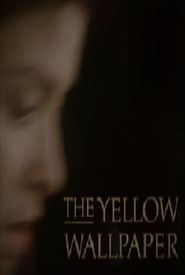Charlotte Perkins Gilman, a distinguished American writer, intellectual, and social reformer, made her grand entrance into the world on a warm and sunny summer day, July 3, 1860, in the picturesque city of Hartford, Connecticut. Her parents, Mary Perkins, formerly Mary Fitch Westcott, and Frederic Beecher Perkins, warmly welcomed their little one into the world with open arms, beaming with joy and anticipation. Notably, Charlotte had only one sibling, an older brother named Thomas Adie, who preceded her arrival by a mere fourteen months. This was due to the wise counsel of a physician, who advised Mary Perkins that her life was at risk if she became pregnant again, a consideration that ultimately led to Charlotte's solitary sibling.
Charlotte's early life was defined by a precarious and tumultuous atmosphere, brought about by the sudden and unexplained departure of her father, Frederic Beecher Perkins, from the family. This unexpected abandonment, which took place when Charlotte was still a young child, had a profound and lasting effect on her life, shaping her perspective and worldview in ways that would have a lasting impact on her future.
Charlotte Perkins Gilman, a trailblazing American feminist, left an indelible mark on her field by virtue of her diverse and far-reaching contributions as a sociologist, novelist, writer of short stories, poet, and nonfiction author. Her unconventional perspectives and lifestyle served as a shining example of inspiration for countless generations of feminists, thereby solidifying her position as a pioneering figure in the feminist movement.
Charlotte Perkins Gilman's literary legacy has remarkably persevered throughout the passage of time, with her most renowned and timeless work continuing to captivate readers to this very day in the form of her semi-autobiographical short story "The Yellow Wallpaper". This masterpiece was meticulously crafted by Gilman subsequent to a traumatic and debilitating episode of postpartum psychosis, an experience that would have a profound and lasting impact on her life and creative output, forever shaping the trajectory of her literary career and the themes that would come to define her work.




















